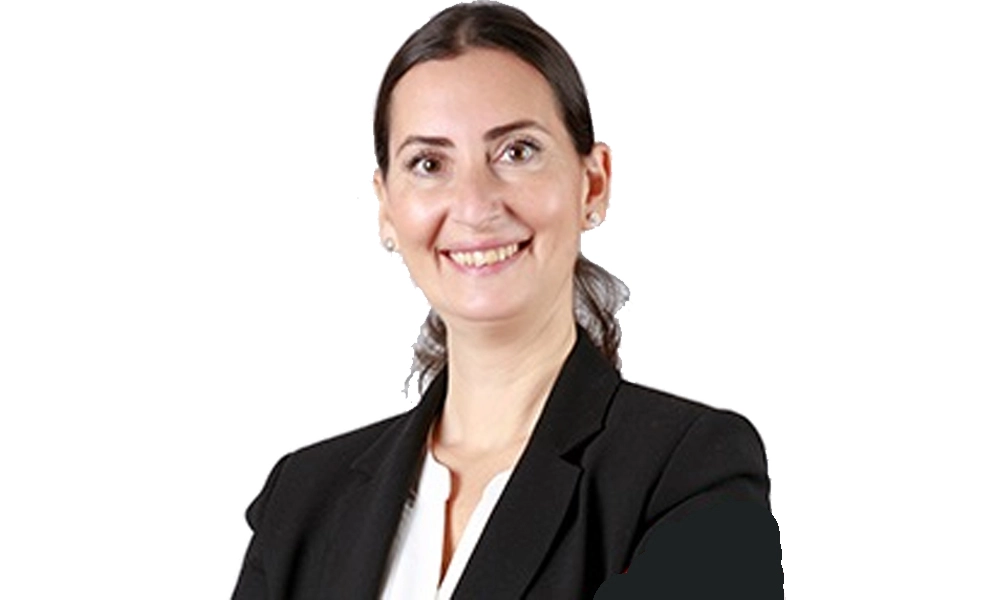In-House Interview: Zeynep Derman Küçükönder, General Counsel, The Coca-Cola Company Eurasia & Middle East

Do you think legal teams are uniquely placed to support and drive company culture - and culture in the wider business sphere?
Certainly, at Coca-Cola, where I am currently employed. The nature of my role as an in-house legal counsel which I have been holding for more than two decades has consistently emphasized the fusion and harmonization of business practices, cultural considerations, and legal aspects. This unique combination has enabled me to effectively integrate these different elements. It is important to note that the degree of emphasis placed on these factors can vary based on the corporate culture of the organization. The level of empowerment bestowed upon the legal team plays a significant role in this regard. Ultimately, it is the responsibility of the legal counsels to decide whether to solely fulfill their obligations as a lawyer or to actively contribute as a strategic business partner. We make the role what it is. To make a meaningful impact, we should all strive to have a seat at the table and actively participate in the company's decision-making processes, so we can understand the business better to make a difference. Of course, this is only possible as long as we have the passion, right mindset and soft skills beyond being a capable lawyer.
How is Eurasia's growing reputation as a regional shaping the type of mandates your firm receives?
The region encompasses a vast and diverse territory characterized by variations in the economy, regulatory maturity level, culture, politics, demographics, and consumer habits. Therefore, it is crucial for both in-house counsels and external counsels to comprehend the current reality and evaluate prospects. This includes understanding geopolitical trends, potential risks, and, most importantly, assessing the necessity for new regulations to foster development. I believe that this dynamic landscape presents excellent investment opportunities and the potential for venturing into emerging fields such as risk and market analysis, research, regulatory forecasting, compliance, and business strategy. It is important to be curious, to monitor developments, and identify the need to proactively contribute.
What barriers have you encountered during your career growth and as a female lawyer in the Turkish legal market?
I consider myself fortunate as a woman, as I have not encountered any hindrances in my career path. This may be attributed to the organizational culture of the companies I have worked for or the specific industry of the Companies I have been part of and luckily, The Coca-Cola Company which I have been working for almost two decades has great ambition and approach for investing in women’s economic empowerment. However, it is essential to acknowledge that my personal experience does not change the existence of gender discrimination in various contexts. Unfortunately, instances of gender bias can be observed in appointments, promotions, compensation, and even in the attitudes displayed by individuals involved in meetings. This is truly sad and disheartening. Each of us possesses unique values and abilities, and it is important to recognize and appreciate these diverse contributions from everyone.
What innovative technology have firms employed to help support work during the pandemic?
While I still place great importance on face-to-face interactions, the pandemic has compelled us all to adopt a more flexible and creative approach. It would be inappropriate to single out any specific technology, but I can confidently state that the utilization of shared drives, facilitating collaborative work in real-time, along with online meetings, has undeniably played a crucial role in ensuring the continuity of business operations.
How has your training and experience contributed to where you are now?
Looking back at the early stages of my career, I believe that having proficiency in the English language provided significant added value. Furthermore, I have found that building a professional network, gaining experience across diverse sectors, observing various dynamics, and studying different leadership styles have also played meaningful roles in my personal and professional growth. From my perspective, on-the-job training has proven to be more effective. Additionally, my eagerness to learn has driven me to actively seek involvement in new fields and diverse projects. Throughout my journey, it has been beneficial to take on responsibilities in unfamiliar territories, pushing myself beyond my comfort zone. Each individual I have collaborated with has brought a unique perspective that has yielded long-term benefits. It is important to be observant, curious, and diligent, as solely relying on academic qualifications without these qualities would not suffice. While a strong legal foundation is crucial, it should be complemented by a diverse range of soft skills starting with the right growth mindset.
What can law firms in Eurasia and the Middle East do to attract and retain international clients?
Knowledge and expertise of regulations of the neighboring countries. The expectation is for them to be business-minded partners that can bring solutions and scenarios to design the strategy rather than writing tens of pages of summary of what local law says. It is also important for them to have experts who have variety of focus areas with a variety of language skills. Translation might be a key asset that a firm can differentiate besides a Variety of expertise areas.
What niche areas of law does your company cover?
As mentioned earlier, I am a general counsel of the Eurasia and the Middle East operating unit. We are mainly generalists. It is really a wide range of variety of areas we must cover. Since it is the legal function working within an international company, we are leading legal affairs, mainly responsible of compliance and governance of both internal policies and processes and local regulations. In line with the industry, food law, marketing which includes consumer protection, advertising, IP, sponsorship, Trademark law, M&A, Litigation though, mainly are outsourced, commercial law, Privacy law, Antitrust law, Employment law, and many more. Since we are also responsible of ethics and compliance, trade sanctions, anti-bribery, ensuring compliance with the Code of Business Conduct.


















































 Successful
Successful